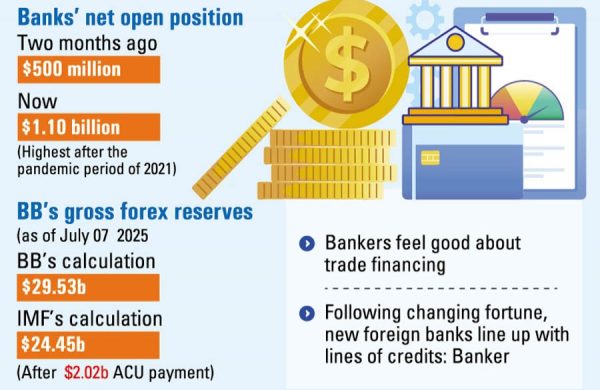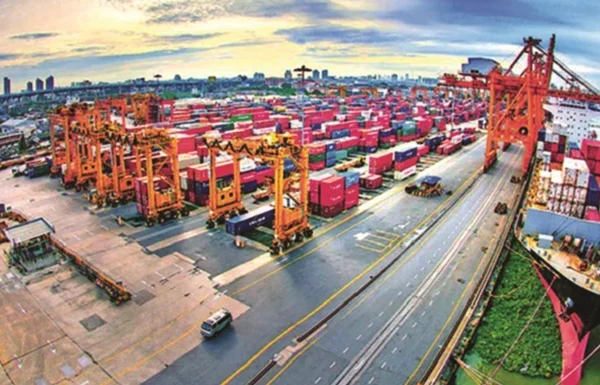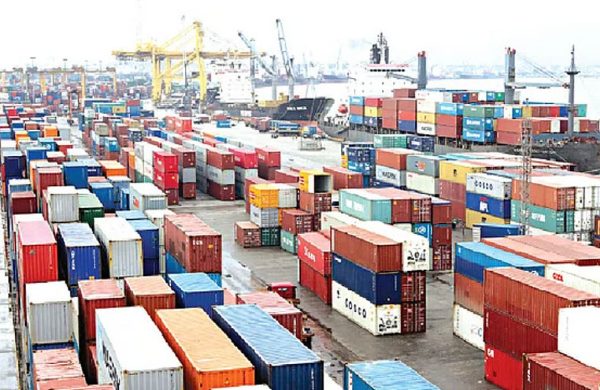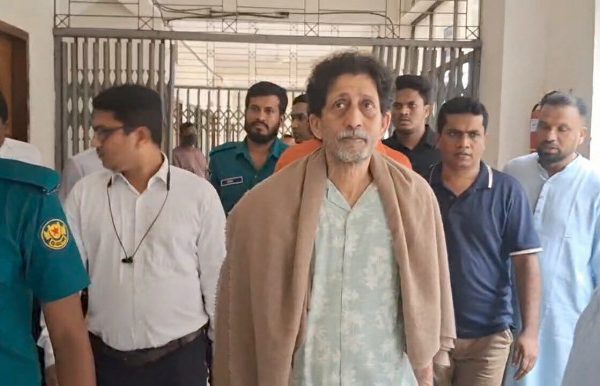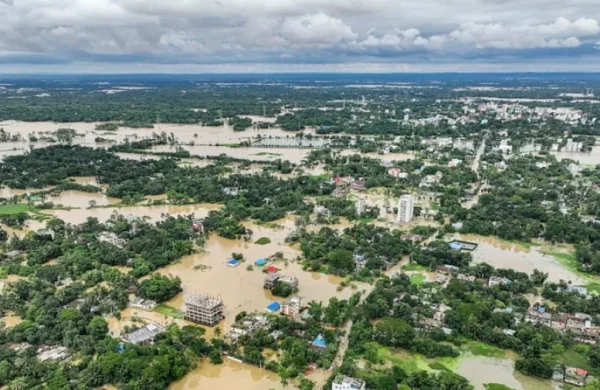Economists urge caution in import liberalisation before strengthening institutional capacity
- Update Time : Monday, February 24, 2025
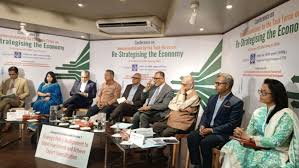
Staff Correspondent:
After graduation from the least development country (LDC) status, Bangladesh will face significant challenges in its export-driven development, economists have said, adding that the country cannot progress to the next level without easing its high import tariff structure.
However, they cautioned that import liberalisation should not proceed without first strengthening institutional capacity.
They made these remarks on Monday (February 24) during a discussion at the “Conference on Recommendations by the Taskforce on Restrategising the Economy,” organised by the Centre for Policy Dialogue (CPD).
CPD’s Distinguished Fellow Dr Mustafizur Rahman highlighted two contrasting examples of import liberalisation – Singapore and Haiti.
“While Singapore has strong export and institutional capacity, making liberal imports beneficial to its economy, Haiti presents the opposite scenario,” he said.
He warned that Bangladesh faces significant institutional capacity gaps in areas such as revenue collection, policy formulation, and implementation. “Without addressing these weaknesses, import liberalisation could be risky.”
Dr Rahman also noted that while the average import tariff in the US and Europe is below 4%, they impose 11-18% tariffs on apparel imports. Since Bangladesh is not exporting high-value products with lower tariffs to these markets, the country must focus on strengthening its own export strategy.
Dr Selim Raihan, executive director of the South Asian Network on Economic Modelling (Sanem), stated that Bangladesh lacks a coordinated and effective strategy for industrialisation and attracting investment.
He said the disjointed policies and efforts are a key reason for the failure to capitalise on the country’s potential.
At the event, former Commerce Minister Amir Khosru Mahmud Chowdhury emphasised that a major recalibration of the economy is necessary. He pointed out that the government had pursued many wrong policies for a long time, focusing only on revenue.
He stressed that revenue should come from large-scale businesses in a developed private sector, not from VAT and other regulatory duties.
He also warned that without import liberalisation, export incentives would not push exports beyond a certain limit.
Commerce Adviser Sheikh Bashiruddin referred to the widespread corruption and money laundering in the banking sector and infrastructure development during the previous government’s tenure, which had put significant pressure on the macroeconomy.
He added that the main challenges now are ensuring continuous energy supply at fair prices, improving labour productivity, and enhancing logistics efficiency.
Economist Dr Abdur Razzaq, chairman of the Research and Policy Integration for Development (Rapid), said the Ready-Made Garment (RMG) sector in Bangladesh has benefited from duty-free access to global markets, but this will no longer be available after LDC graduation.
He emphasised the urgent need to negotiate with the European Union to maintain this benefit even after December 2027.
He also pointed out Bangladesh’s failure to establish bilateral free trade agreements and called for swift action to sign an FTA with Japan.
To reduce the pressure on the macroeconomy, Dr Razzaq stressed the need to rethink exports and remittances. He noted that among countries with a dominant population of 18-20-year-olds, only Ethiopia and Pakistan have lower exports than Bangladesh.
Currently, 30-40% of the government’s incentives are going to companies producing goods for the local market. Moreover, 30% of revenue comes from high tariffs on imports, he said.
The economist said at present, 75% of Bangladesh’s total exports depend on LDC benefits, which will no longer be available after graduation. Dr Razzaq highlighted that subsidies for exports will no longer be possible post-graduation.
He also pointed out that since the 1990s, there have been no significant reforms in trade policy, and thoughtful reforms and actions are urgently needed.


